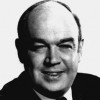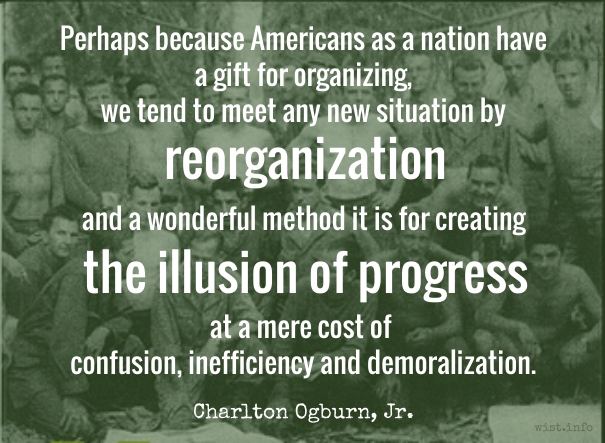No one can be as calculatedly rude as the British, which amazes Americans, who do not understand studied insult and can only offer abuse as a substitute.
Paul Gallico (1897-1976) American author, sports journalist
In the New York Times (14 Jan 1962)
(Source)
Quotations about:
Americans
Note not all quotations have been tagged, so Search may find additional quotes on this topic.
Nothing is more embarrassing in the ordinary intercourse of life than this irritable patriotism of the Americans. A stranger may be well inclined to praise many of the institutions of their country, but he begs permission to blame some of the peculiarities which he observes — a permission which is however inexorably refused.
Alexis de Tocqueville (1805-1859) French writer, diplomat, politician
Democracy in America, Vol. 1, “Public Spirit in the United States” (1835) [tr. Reeve (1839)]
(Source)
Now when an American has an idea, he directly seeks a second American to share it. If there be three, they elect a president and two secretaries. Given four, they name a keeper of records, and the office is ready for work; five, they convene a general meeting, and the club is fully constituted.
[Or, quand un Américain a une idée, il cherche un second Américain qui la partage. Sont-ils trois, ils élisent un président et deux secrétaires. Quatre, ils nomment un archiviste, et le bureau fonctionne. Cinq, ils se convoquent en assemblée générale, et le club est constitué.]
Jules Verne (1828-1905) French novelist, poet, playwright
From the Earth to the Moon, ch. 1 “The Gun Club” (1865)
(Source)
I found America the friendliest, most forgiving, and most generous nation I had ever visited. We South Americans tend to think of things in terms of convenience, whereas people in the United States approach things ethically. This — amateur Protestant that I am — I admired above all. It even helped me overlook skyscrapers, paper bags, television, plastics, and the unholy jungle of gadgets.
To read the front pages, you might conclude that Americans are mostly out for themselves, venal, grasping, and mean-spirited. The front pages have room only for defense contractors who cheat and politicians with their hands in the till. But you can’t travel the back roads very long without discovering a multitude of gentle people doing good for others with no expectation of gain or recognition. The everyday kindness of the back roads more than makes up for the acts of greed in the headlines.
The Americans are poor haters in international affairs because of their innate feeling of superiority over all foreigners. An American’s hatred for a fellow American (for Hoover or Roosevelt) is far more virulent than any antipathy he can work up against foreigners. […] Should Americans begin to hate foreigners wholeheartedly, it will be an indication that they have lost confidence in their own way of life.
Eric Hoffer (1902-1983) American writer, philosopher, longshoreman
True Believer: Thoughts on the Nature of Mass Movements, Part 3, ch. 14, § 73 (1951)
(Source)
People do these things to other people. Not just in Nazi concentration camps and in Abu Ghraib when it was run by Saddam Hussein. Americans, too, do them when they have permission. When they are told or made to feel that those over whom they have absolute power deserve to be mistreated, humiliated, tormented. They do them when they are led to believe that the people they are torturing belong to an inferior, despicable race or religion. For the meaning of these pictures is not just that these acts were performed, but that their perpetrators had no sense that there was anything wrong in what the pictures show.
We trained hard, but it seemed that every time we were beginning to form up into teams we would be reorganized. Presumably the plans for our employment were being changed. I was to learn later in life that, perhaps because we are so good at organizing, we tend as a nation to meet any new situation by reorganizing; and a wonderful method it can be for creating the illusion of progress while producing confusion, inefficiency and demoralization.
Charlton Ogburn, Jr. (1911-1998) American journalist, author
“Merrill’s Marauders: The truth about an incredible adventure,” Harper’s Magazine (Jan 1957)
In his 1959 book, The Marauders, Ogburn rephrased this as: "As a result, I suppose, of high-level changes of mind about how we were to be used, we went through several reorganizations. Perhaps because Americans as a nation have a gift for organizing, we tend to meet any new situation by reorganization, and a wonderful method it is for creating the illusion of progress at a mere cost of confusion, inefficiency and demoralization."
Sometimes incorrectly cited to Gaius Petronius Arbiter. For more on this quotation, see here.











